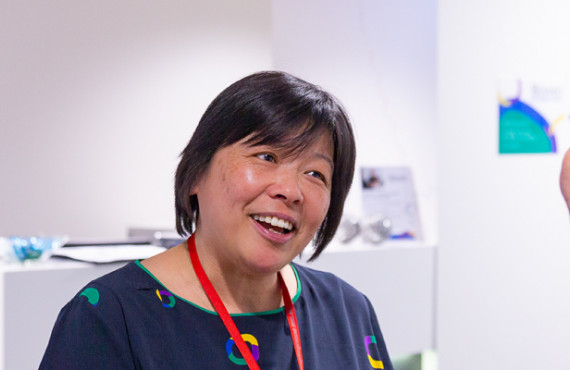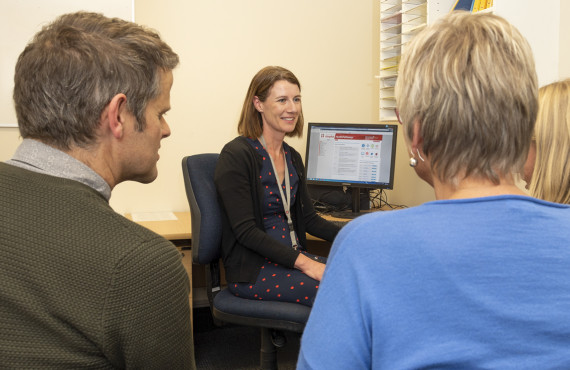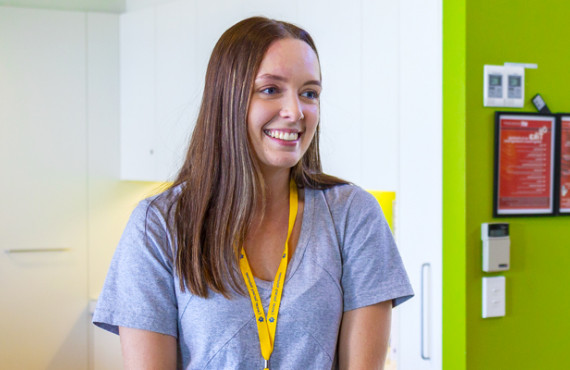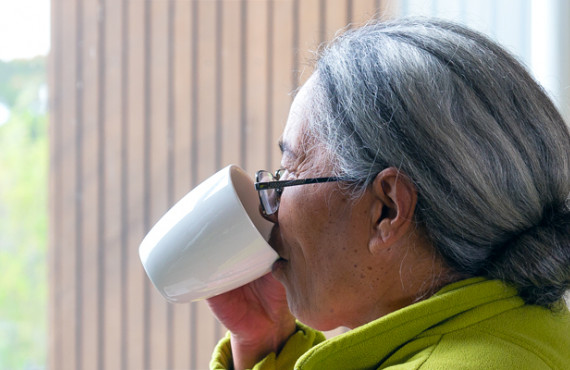If you have any symptoms of stomach cancer, they need to be checked by your doctor.
What is stomach cancer?
Stomach cancer, also called gastric cancer, is a cancer of the stomach.
The stomach is in your upper tummy and helps digest the food you eat.
Like the rest of your body, the stomach is made up of tiny 'building blocks' called cells.
Stomach cancer begins when these cells grow abnormally.
Cancer is a disease of the body's cells. It starts in our genes. Our bodies are constantly making new cells, a process controlled by certain genes. Cancers are caused by damage to these genes. As the damaged cells replicate a lump or tumour is formed.
Tumours can be:
- Benign - not cancerous. These do not spread to other parts of the body.
- Malignant - cancerous
Stomach cancer symptoms
Signs and symptoms of stomach cancer may include:
- a painful or burning sensation in your upper tummy (abdomen)
- heartburn (indigestion)
- feeling sick (nausea) and/or vomiting
- feeling full after eating only a small amount
- weight loss for no reason
- tiredness or weakness (fatigue)
- blood in vomit
- black-coloured poo (faeces)
Often there are no signs of early-stage stomach cancer.
Having these symptoms does not mean you have stomach cancer, but it is important to have any changes checked by your doctor.
Tips for talking to your doctor
- make a list of what you are feeling and how often it happens, including as much detail as possible
- think about your family/whānau history of cancer and tell your doctor
- go back to your doctor if you don't feel better, even if tests show you don't have a problem - you can ask for a second opinion if you want one
- take a family/whānau member or friend with you to the appointment for support

Learning more about the treatments you've been offered can help you prepare.

We've put together a list of questions you may wish to ask your treatment team.

We are here to help and support you and your whānau through cancer diagnosis, treatment and recovery…

Cancer can impact not only your health but your lifestyle and relationships.
We know that going through cancer is tough and can raise many questions. You are not alone.
We have health professionals to answer your questions and provide the support you need.
Get in touch
